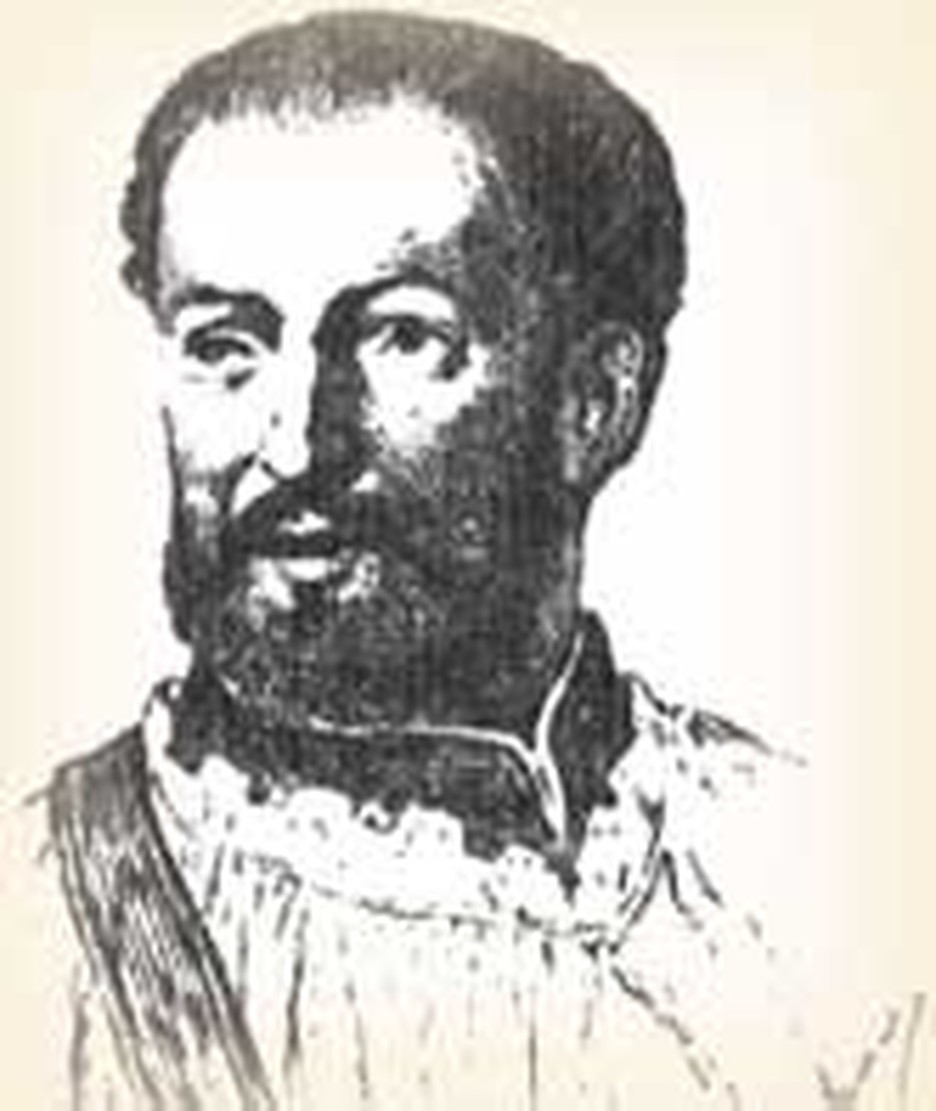
As a young man he was briefly attracted to the rapidly spreading Protestant movement. Ironically, had he become a Protestant, we may never have heard of him, for Protestants at that time were preoccupied with other issues and not active in foreign missions. Young Francis remained a Catholic and became the first great Christian missionary to Asia in the modern era and one of the most effective missionaries of all time.
Francis Xavier was born in Spain in 1506, the youngest son of a noble family who might be expected to live a comfortable life at the Court of Navarre. War destroyed much of the family wealth, however, and Francis went to study at the University of Paris to prepare for service in the church. Here he was attracted to the young Protestant faith, but soon he fell under the influence of Ignatius Loyola. Francis was among the first to associate with Ignatius in forming the Society of Jesus to reform the Roman Catholic church of his day.
In 1539 Pope Paul III approved the new religious order of Jesuits, and within six months Francis was preparing to go to India. He left for India in April, 1541, with a letter from King John III of Portugal appointing him an apostolic nuncio in the East. The trip from Lisbon to India took thirteen months. When he landed in Goa, a region controlled by the Portuguese, Xavier was welcomed by a crowd of civil and ecclesiastical officials, but he was not impressed with worldly pomp. Barefoot and in rags he walked to the hospital where he began washing the sores of the lepers. Xavier wanted to minister among the lower classes of society, not just among the elite leaders.
Go to the Children
Xavier spent his first year in India learning the language, ministering
to the sick, preaching, and translating a catechism he had written. Walking
up and down the village streets, Xavier would ring a bell and call children
and others to listen. He especially loved to be with the children, teaching
them the Apostle's Creed, the Ten Commandments, and the Lord's Prayer.
Within one month, over 10,000 were baptized; Xavier set about making provisions
for their instruction and worship. He established a college in Goa so
that the native young people could be trained to be missionaries to their
fellow countrymen.
Eager to Move In
After three years in India, Xavier went to Malaysia, Indonesia, and Vietnam
while still planning and overseeing the Christian missions growing throughout
India. One of the men baptized in Goa was a Japanese named Anjiro. Anjiro
took the name Paul of the Holy Faith. In 1549 Paul and Xavier set out
to bring Christianity to Japan. The first Europeans had come to Japan
by accident in 1542. They were Portuguese involved in illegal trade with
China who landed in Japan when they were blown off course. They had brought
some concept about Christianity to Japan, but Xavier was the first formal
missionary. The Japanese were very much interested in Xavier's teachings
about the Creator, since Buddhism had no concept of a purposeful creation.
The love and concern Xavier showed for the individual Japanese were as
influential as his words in bringing many Japanese to accept Christianity.
Hundreds were baptized, including many of the samurai class and some Buddhist
priests. After Xavier had been in Japan two years, the Christian community
numbered about 2,000.
700,000 Converted
In Japan Xavier noticed how the Japanese looked to China as the mother
of all civilizations. If China would become Christian, then the conversion
of Japan seemed even more possible. Xavier returned to Goa and prepared
for a mission to China. The authorities in Goa tried to dissuade him because
of the hostility of the Chinese to Europeans, but in April, 1552, Xavier
sailed for China. In August he reached the island of Santian near the
trade city of Canton and began negotiations to enter China. However, Xavier
was seized by a fever and died before he could enter China. In 1622 he
was canonized a saint by the Roman Catholic Church; he is known as the
Patron of the Orient, Missions, and Navigators. Some have estimated he
converted 700,000 to Christianity during a little over a decade in Asia.
Xavier poured his life into his pioneering missionary work out of a compassion
for people and a love for Christ.
| Why Love God? My God, I love Thee: not because |


_639003522088907085.jpg)